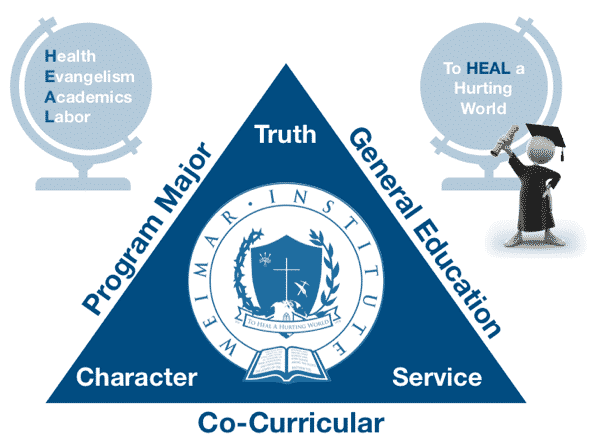Are General Education Courses Necessary For Your Degree Program?
If you are applying to college this fall, you should know what general education requirements your school has. This article will cover FIT’s requirements, SUNY’s, JMU’s, and other colleges’ general education requirements. Hopefully you’ll learn something from these articles that will help you decide whether general education courses are necessary for your degree program. Read on to learn more. You can also download a PDF version of the General Education Course Catalog.
FIT’s general education requirements
The general education core curriculum is designed to prepare students for their chosen major by broadening their knowledge base. Students explore different disciplines and engage with diverse worldviews. General education courses prepare students to take the next step in a specific major and develop their creative leadership skills. For more information about FIT’s general education requirements, visit our course catalog. You can view a complete list of general education courses in PDF format.
There are three general education areas: arts, humanities, and social sciences. These categories are further divided according to the program of study. For example, students interested in earning a Bachelor of Arts will need to take three courses in English composition and one or two college-level math. Students with a Bachelor of Science degree will also need at least one course from the humanities or social sciences. Applicants with an AA or AS degree are not required to take additional General Education courses. However, if the program of study isn’t available, students must take additional General Education courses to complete their degree.
SUNY’s general education requirements
SUNY’s General Education Requirements are a requirement for students pursuing a Bachelor’s degree. These courses are designed to help students develop essential knowledge and skills applicable to every educated person. For example, a student who wishes to earn a bachelor’s degree must complete 30 general education credits, including three credits in English 101 and math. In addition, students are required to take courses in five other categories, such as the Liberal Arts and Sciences.
Depending on the school, students may have to take courses that fulfill multiple categories. In general, a course may satisfy two or more General Education requirements, though you cannot double count. However, if a course meets the requirements of more than one category, it may cut down the number of General Education courses required. The course you take may also fulfill a major or minor requirement. This way, you can earn a bachelor’s degree and a master’s degree at the same time.
JMU’s general education requirements
Before transferring to another institution, it is necessary to complete JMU’s general education requirements, which may include a variety of courses. Taking external exams is an option, but the school does not guarantee credit awarded for those exams. You can complete the required courses through CLEP credits. You must have a minimum of 120 credits for graduation. To complete the requirements, students must complete a minimum of 24 credit hours after high school graduation.
The General Education Program at JMU is divided into five clusters, each of which must be completed by students before graduation. The curriculum requires completion of thirteen courses. The courses below meet the JMU General Education requirements, but they are not required for all students. Students with associate degree programs are not required to complete courses that match the General Education curriculum. To determine which courses meet the General Education requirements for transfer students, consult the current General Education Program Planner.
Other colleges’ general education requirements
When it comes to choosing the right college, it’s important to understand how other colleges’ general education requirements differ from those of your own. In the US system, general education requirements can vary from school to school and even within different majors. Luckily, US schools generally offer more flexible general education requirements, so you can choose the courses you really need and are passionate about. Here are some helpful tips to meet these requirements:
Taking general education classes will give you a diverse perspective on a number of topics. These classes can expose you to new areas of study, which can help you find a major that suits your interests. You may even decide to change your major based on your general education classes. General education requirements typically include a list of general education classes that students must take. While some schools may have specific courses in these categories, you can choose to take all of them if you wish.

